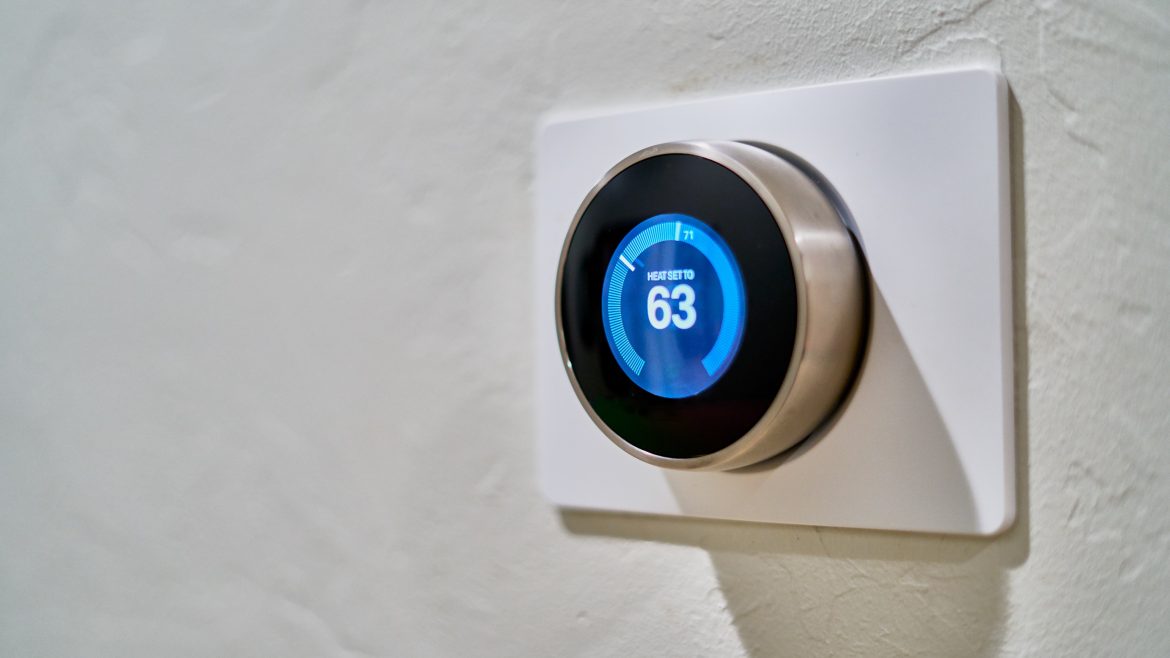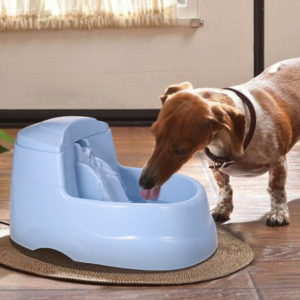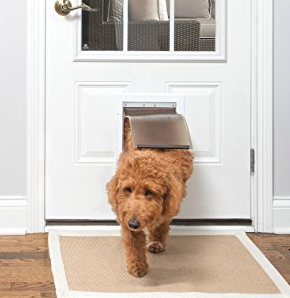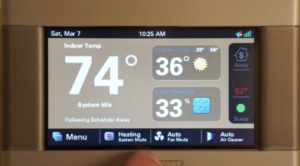Important Sensors for Your Home
As a homeowner, you probably understand how much maintenance is required just to keep everything up and running, but sometimes it can seem overwhelming – especially when it comes to utility bills and unexpected repairs. Luckily, with technology today, there are a number sensors you can invest in to make life just a little bit easier. Here are a few important sensors for your home that will allow you to keep tabs on everything:
Temperature Sensors & Smart Thermostats
Temperature sensors are ideal for saving on energy and ensuring every room is kept at a comfortable level. Investing in this type of sensor is also great for while you’re away from your home. You can set the settings to turn off the AC – or the heat – while you’re out for the day, and have them come back on before you arrive. It’s easy to see how this would be a huge energy-saver.
Light Sensors
We’re all guilty of forgetting to turn off lights when we leave the house, but with light sensors that no longer has to be a concern. Smart light sensors can turn off lights, and they can allow you to set lighting schedules. Devices that sync with a smart phone allow you to have total control over these settings no matter where you are.
Motion, Window & Door Sensors
If the security of your home is your primary concern then motion sensors are something worth investing in. You can set up motion sensors to monitor points of entry, such as doors and window, and send a signal to other devices like an alarm or cell phone.
Water Sensors
Water sensors are important when it comes to saving on bills and avoiding costly water damage. Place sensors where water leaks are a possibility and they will alert you when things are in need of repair. This is must for flood-prevention, especially if you are away from your home for long periods of time.
Smoke & CO Sensors
Another sensor to consider would be a smart smoke sensor, which will not only keep your home safe from potential fires, but ensure your air quality is top-notch as well. These sensors monitor the air quality for pollen, dust, and other particles that might be of concern.
If you’re hesitant to invest in sensors, don’t be. Many of them can save you money in the long run and give you peace of mind, which is priceless. Determine which ones you have the most need for and start there. If you have no problem turning lights off when you leave a room, but your pipes are prone to leaking, then perhaps you can pass on the light sensor but invest in a water one instead. A lot of these sensors can lighten your energy bill, but if you’re looking for more energy-saving tips visit our blog: ‘Cheap Trick to Reduce Your Energy Bill This Winter’







